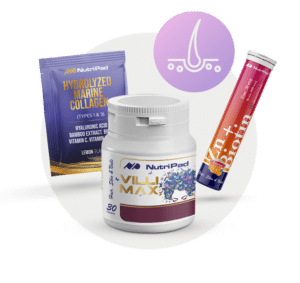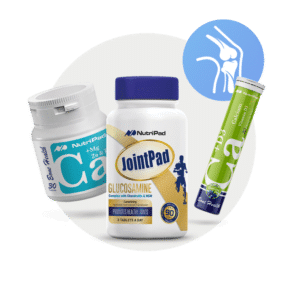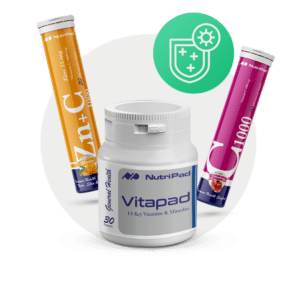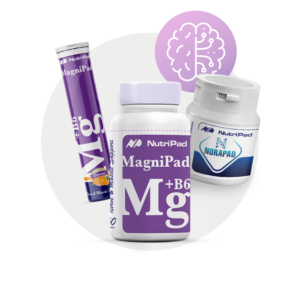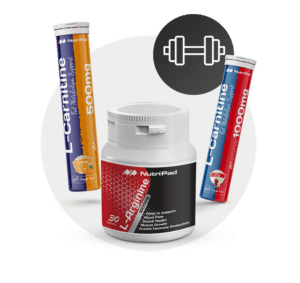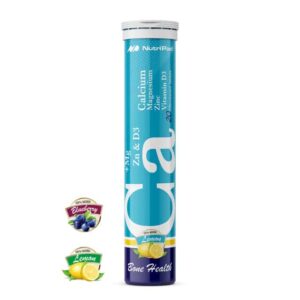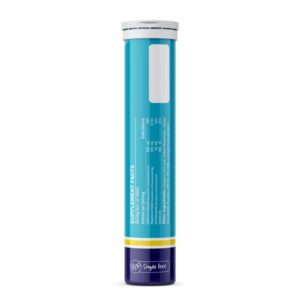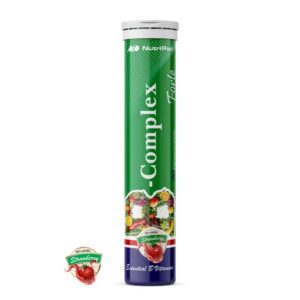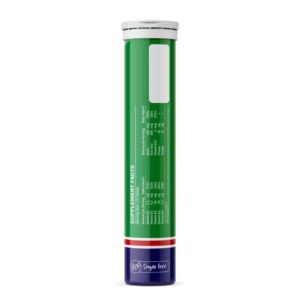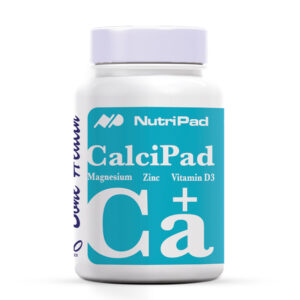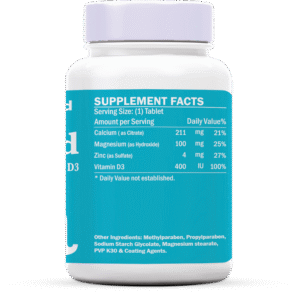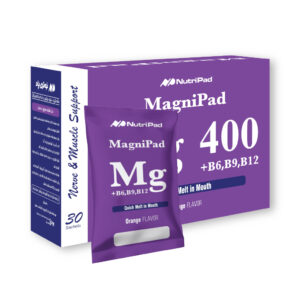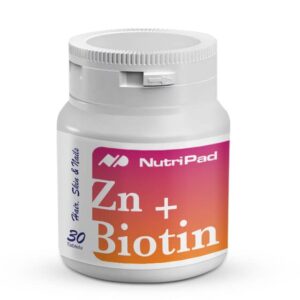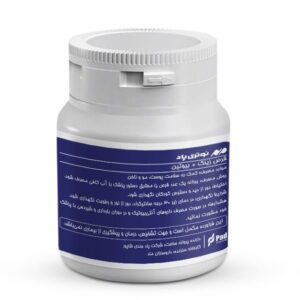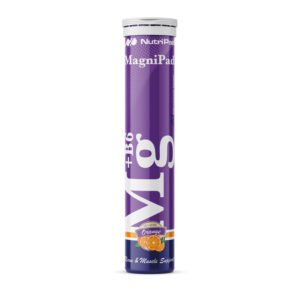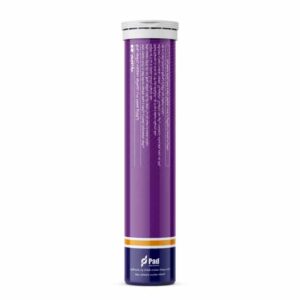What is non-alcoholic fatty liver?
Do supplements have any role for improving fatty liver?
Non-alcoholic fatty liver means the accumulation of fat in the liver (steatosis) in the absence of other factors such as alcohol consumption, hepatitis C and other diseases. Non-alcoholic fatty liver may later turn into steatohepatitis (accumulation of fat with inflammatory reaction in the liver) and in more advanced stages into more serious problems such as liver cirrhosis or even hepatocellular carcinoma.
In the early stages, patients with fatty liver are asymptomatic, but there may be symptoms such as fatigue, lethargy, vague pain in the right upper quadrant of the abdomen, and liver enlargement. Liver enzymes may increase and fat tissue accumulation is evident in ultrasound imaging.
Fatty liver is a disease caused by an unhealthy lifestyle in terms of nutrition and inactivity. Taking excess calories through diet, especially in the form of filtered and bran-free carbohydrates, and accepting a sedentary lifestyle lead to a range of complications from fatty liver disease and metabolic syndrome to pre-diabetes and eventually diabetes.

The definitive treatment for fatty liver is weight loss (through a proper diet, control of calorie consumption and exercise). Approved surgical methods for weight loss (bariatric surgery) as well as drugs used in weight loss (such as orlistat) are effective in improving fatty liver.
In addition, drugs and supplements are useful to improve fatty liver. Vitamin E with a dose of 400 to 800 units per day is used for fatty liver. Some oral hypoglycemic drugs (including pioglitazone and metformin) have also been used for fatty liver. But in general, the most important treatment for fatty liver is changing lifestyle and the use of medicines and supplements should not be a substitute for this.
Before taking any medicine or supplement for fatty liver, consult your doctor because the benefits of this compounds should be weighed against the possible side effects.



